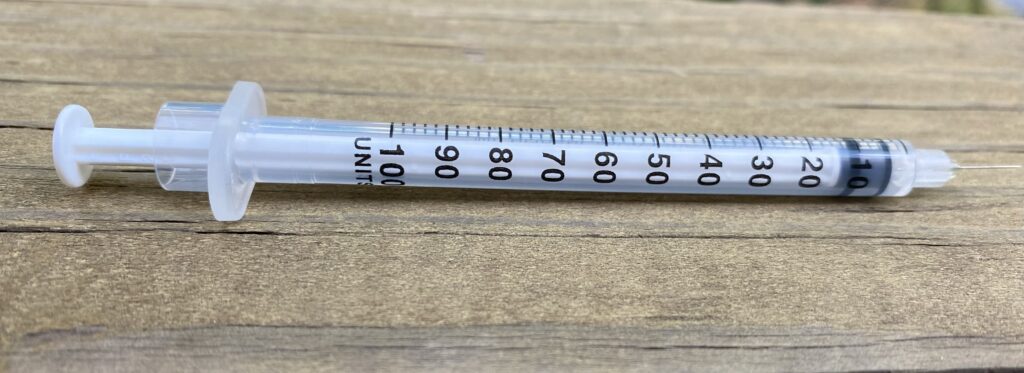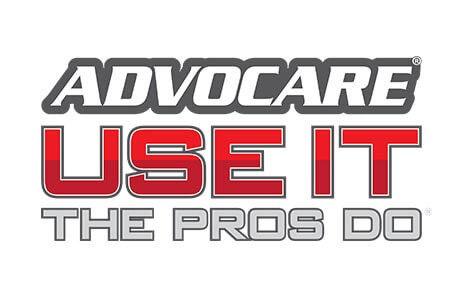
When is taking a drug for weight loss ok?
You have probably heard through the news, talk shows, following celebrities on social media or even seen the signs on the side of the road, that there is a very controversial drug that has been increasing in popularity for those wanting to lose weight. The reason why it is controversial is that it was originally meant to support those with type 2 diabetes. One drug was then approved for weight loss for those who are obese (typically 50 pounds overweight) with co morbidities as in, high blood pressure, diabetes or related heart issues. Recently though, it has been fairly easy for anyone wanting to lose any amount of weight to get it and it is making some of them very sick.
After researching, discussing with professionals ,and listening to respected doctors, I see that most people seem adamantly for it, or adamantly against it. But is there a middle ground? You may decide that after reading this article.
First of all, let me say that for people who have had a lifelong struggle with weight and may have failing health because of it, It makes sense to get help from a Doctor. In those cases, you would be given a panel of blood tests, the appropriate medication and dose, nutrition counseling and monitoring for potential dangerous side effects.They would also lay out all of the risks involved and help you make the best decision for your health.
Biologically driven obesity is very different than someone who has been at a healthy weight most of their lives but recently “put on a few pounds”. Those who were overweight or even obese young, have a much bigger hill to climb and there is usually a biological reason for it. It is not always as easy as putting the fork down or skipping meals. But for the purpose of this article, I will not get on that soap box, I will stick to the information I want to share about the “drugs”.
What these drugs and how do they work?
(I am not a Dr. And almost all of this information would be accessible to you with just a little digging.)
The brands you will hear about the most are: Ozempic, Wagovy, Mounjaro ,Victoza and Saxenda.
Ozempic is the drug semiglutide and is specifically for people with diabetes. The side effect is weight loss but it is not yet approved as a weight loss drug for those without diabetes. Wagovy is also semiglutide but a different dosing and has been approved for weight loss. Mounjaro is tirzepatide and is for those with diabetes, it is not approved for weight loss only. Victoza is liraglutide and is approved for diabetes patients only, where as Saxenda is liraglutide and is approved for weight loss………..HUH? Confused yet? It all can be very confusing, seeing the same drug under different names being approved for different conditions.
Right now, what you are seeing advertised on signs at street corners and on Facebook and maybe even the spa you go to, is most likely a compounded form of semiglutide. The FDA does not regulate compounded drugs which means they are not approved by the FDA. That can have potential risks, but compounding can be done safely and effectively, you just need to know where the drugs come from and what else is in the compound. That is why doing some research and asking the right questions from a reputable medical professional is very important.
All of the above drugs work with the hormones involved in weight gain and loss. Semiglutide and liraglutide affects GLP-1 which helps regulate blood sugar levels by increasing insulin production as well as it helps you feel fuller longer by slowing digestion and stomach emptying. It also works as an appetite suppressant. Tirzepatide also activates the bodies receptors for GLP-1 but activates receptors for GIP as well, which may have an effect on fat storage and metabolism.
Have you really tried everything else?
One of the reasons I hear clients say they are wanting to take this drug is that “they have tried everything and cannot lose the weight.” That may be true if they truly have never lost any weight on any other program…. But the truth is that most times they are able to successfully lose weight, just eventually put it back on after discontinuing that program. So why would this drug be any different? In my opinion, for those people, it is not. What would make this or any program successful is the education and deep work that needs to be done along side of it (or on its own) in order to learn what you and your body needs to find your natural weight.
So look at it like this, if you have dieted and lost weight and then gained it back, you are capable of losing weight….. you just need the right tools to keep it off. You would not fall under the category of “I have tried everything” or “nothing else has worked”.
Lets look at some of the pros and cons
Pros:
They can help people with type 2 diabetes control blood sugar and lose weight.
They can be a tool for those who have health risks associated with obesity.
They may alleviate anxiety about food, therefore may lower over all anxiety and stress and help regulate cortisol levels which may help with weight loss.
It may be easier to learn how to eat well when you are not hungry, thinking about food all of the time and have frequent cravings.
Cons:
From what I can see there has not been studies on long term side effects on otherwise healthy individuals.
They are designed as a chronic therapy, not for a “quick fix” or to go on and off of.
Short term side effects are nausea, bloating, stomach pain, low blood sugar, rapid fat loss in face which can lead to looking prematurely older, constipation, fatigue, reflux, risk of thyroid cancer, higher risk of gallstones, risk of pancreatitis, malnourishment because of loss of appetite.( this is far from a complete list)
Weight loss is also muscle loss and can be between 10-40% . Muscle is essential for a healthy metabolism and losing muscle makes it even more difficult to maintain the weight loss.
Most people will gain weight back after going off the drug. (Like with most Diet plans to be fair)
On its own it does not teach any new healthy eating habits.
What are some alternatives?
I had planned to get on a rant about side effects, that are real and can potentially make you pretty sick, but lets face it, if you want to lose weight and you think this is the magic drug, then you probably won’t care about the side effects. I am shifting my conversation now to this, So you get a doctor to give you this drug (even though you may not fit the qualifications for it) then what? What is going to help you maintain the weight loss and what are you going to learn in the process? Can you stay on this forever? If you had other health risks due to being obese or type 2 diabetes, then you most likely can remain on some low dose of semiglutide indefinitely. Most of you reading this do not fall into that category, so what is the answer to maintaining a healthy weight post drug?
Find someone who is skilled in the psychology of eating to help you process why this drug worked for you and how you can get the same results without it. (shameless plug) Work through some of the childhood stuff that has us turning to certain foods at certain times. Figure out the triggers and learn to identify and understand and maybe find an outlet other than food. (Sometimes food is a perfectly fine outlet but if it creates a problem for you then it is not.)
I would like to say start there, and maybe those of you on the fence about calling the number on one of those yellow signs, will consider calling me or another professional first? Like I said before, I am not against getting medical help when needed, but lets be real, if you haven’t worked with someone on the psychology of eating then you also “have not tried everything”.
If you have decided to start on one of these drugs, or have already been on one, Just reach out for the help you will need to maintain your natural weight and learn to embrace it. Remember, we are not all supposed to be any certain weight. There is no perfect body! Finding your natural weight is sustainable and the most freeing, healthy thing you can do long term!


